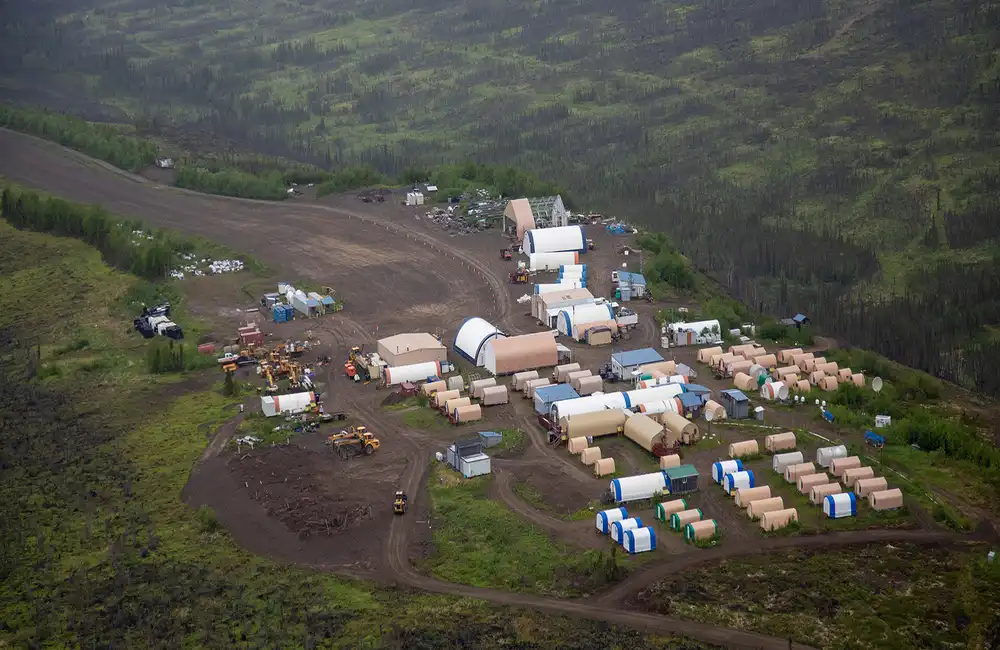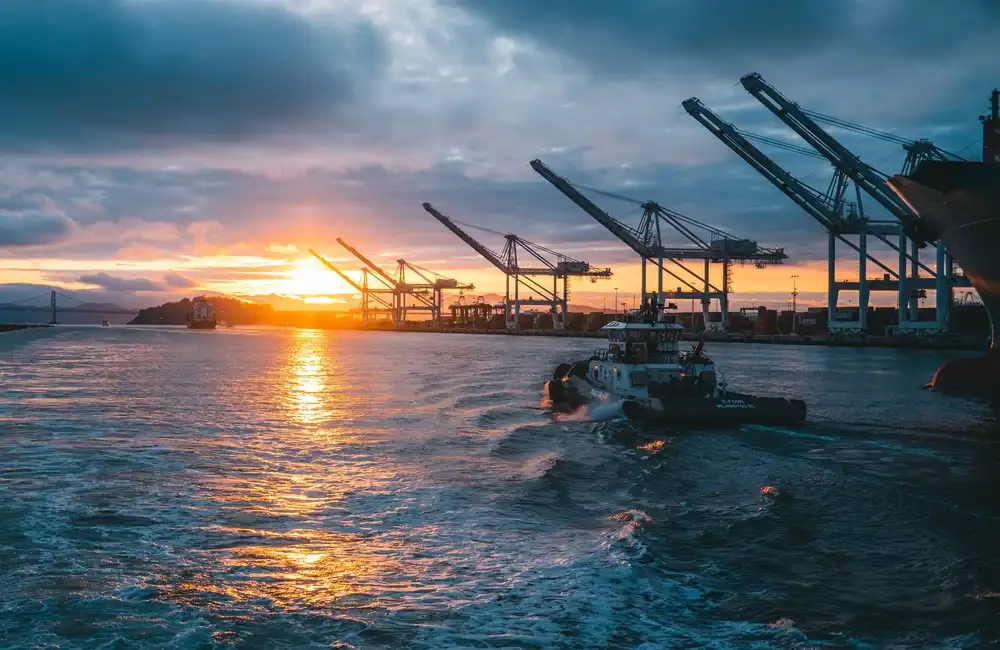An executive order signed by former U.S. President Donald Trump on 24 April 2025 accelerated deep-sea mining activities in U.S. and international waters which led to an intense backlash from China and major global powers.
The directive aims to speed up the process of granting seabed mineral exploration permits and recovery operations while establishing the United States as a predominant force in obtaining essential resources such as nickel, cobalt, and manganese. The decision has sparked environmental alarms while attracting legal criticism and worsening geopolitical conflicts.
China's Swift Rebuke
According to China’s Foreign Ministry spokesperson Guo Jiakun, the order breached international law while posing a significant risk to international interests. During a press conference, Guo denounced U.S. policies for taking a solitary and forceful route which undermines international law's cooperative structure.
The official pointed out that the United Nations Convention on the Law of the Sea (UNCLOS) establishes the International Seabed Authority (ISA) as the leading authority responsible for regulating deep-sea resource extraction beyond national jurisdictions. The United States remains a non-party to UNCLOS, which has drawn international scrutiny regarding its actions.
The United States is damaging global governance by ignoring mechanisms established by international communities according to Guo. This situation threatens common human interests while opening up possibilities for conflicts that disrupt marine environments and international agreements.
Through its growing influence at the ISA and substantial investment in deep-sea mining technology, China has warned of a worldwide “resource scramble” that could trigger increased geopolitical instability.
The Legal Conundrum
China's primary objection focuses on the legal structure that controls seabed activities. UNCLOS outlines specific protocols for extracting resources from international waters, with signatures from 167 countries and the European Union. The ISA is responsible for ensuring that resource exploration and extraction activities share resources fairly among all humans and follow strict environmental protection rules.
The United States’ refusal to ratify UNCLOS restricts its obligation to adhere to the treaty's accountability processes. Although Washington gains operational flexibility through non-ratification of international treaties, legal specialists note this action weakens its reputation as an advocate for international agreements.
In light of its position outside UNCLOS, Dr. Eleanor Channing believes the U.S. endangers its alliances while promoting views of acting alone.
Environmental Concerns Mount
Marine scientists along with environmental organisations have expressed serious concerns about the ecological consequences of deep-sea mining activities. The seabed hosts rare ecosystems which possess extremely delicate biodiversity, which requires centuries to heal from disruptions. Ocean floor mining operations which utilise scraping and drilling techniques pose a threat of permanent destruction to these delicate ecosystems.
According to Dr. Julian Morse from the International Union for Conservation of Nature (IUCN), deep-sea floors represent one of Earth's least explored frontiers. Advancing these activities without full knowledge of their environmental impacts constitutes reckless behaviour.
Environmental experts warn about suspended sediment plumes from ocean floor activities that may release chemicals disrupting marine food chains. Several organisations are calling for a pause on deep-sea mining operations pending additional scientific investigations.
Geopolitical Implications
The executive order signed by Trump highlights the growing struggle for control over essential critical minerals needed for renewable energy technologies as well as electric vehicles and advanced electronic devices. The U.S. action represents a direct confrontation against China’s leading position in sourcing and processing these vital resources.
China maintains substantial control over the global supply chain for essential minerals like cobalt and rare earths, which provides it with an important strategic advantage on the geopolitical stage. The United States seeks to minimise its reliance on supply chains controlled by China through increased deep-sea exploration.
The order will boost U.S. economic status yet risks increasing tensions with Beijing. Experts express concern that diplomatic tensions will grow as nations compete for control of seabed resources yet to be tapped.
Prof. Kenneth Yu from the Centre for Strategic Maritime Studies stated that deep-sea mining represents a fresh conflict zone between the U.S. and China. International collaboration in ocean governance faces potential fragmentation because this domain requires unified efforts to address issues like pollution and climate change which extend across borders.
Industry Reactions and Economic Incentives
The executive order has generated positive expectations throughout the deep-sea mining business sector. The Metals Company and Impossible Metals would benefit greatly from a faster licensing procedure. The representatives from both companies expressed their support because stable regulations will make seabed resource extraction commercially practical sooner.
A spokesperson at The Metals Company praised initiatives that enable the sustainable development of deep-sea minerals. Growing demand for electric vehicles and renewable energy systems necessitates access to these essential resources.
However, industry insiders also recognise the challenges. Businesses must navigate between rising operational expenses and increasing environmental oversight as they expand their solutions responsibly.
Balancing Ambition with Responsibility
The U.S. executive order shows efforts to secure critical mineral resources while prompting essential questions about economic goals versus environmental safety and international collaboration.
Moving ahead will depend on strong national policies together with rebuilding trust in international agreements. Deep-sea mining stands as the final unexplored domain for technological growth yet its role as a catalyst for development or conflict hinges on decisions made by major international actors.
The current struggle between nations such as China and the United States for dominance creates a global anticipation regarding the potential effects of deep-sea exploration on geopolitical dynamics and environmental and governance systems.


















